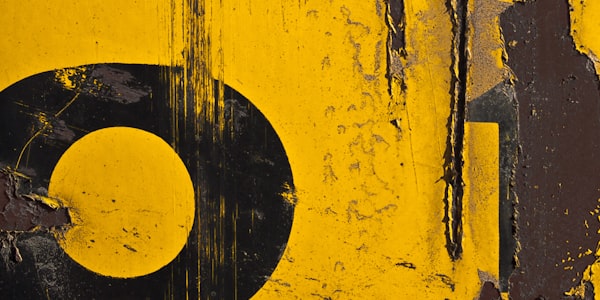Portuguese pundit Aníbal Coutinho, packing for Paardeberg @ present to make two single varietal wines from Swartland fruit (a bush vine Chenin and Pinotage) next week, asks “what is a WOSA?” for his column in the Portuguese weekly national newspaper Sol. His enquiry is prompted by the news that the vinous powers in the land of Port and Pasteis de Nata have decided to establish a WOP (a most unfortunate acronym), Wines of Portugal, “a new and creative brand, promoted like if this was a blessing and the ultimate strength to conquer the global market.” Nerds talking to yet more nerds or a life-changing marketing opportunity?

Aníbal and Andy Barns from Mischa
WOP is a racial epithet applied to people of Italian descent in the US from “the Neapolitan word ‘guappo’ (often pronounced simply as ‘guap’ in the regional dialect), meaning a person who flaunts an overbearingly cocky and swaggering attitude” according to Wikipedia. Not a pretty picture for terroir-based marketing.
But of course terroir is not at the heart of a WOP as the flavours, history and styles of the Douro and Alentejo are many centuries and hundreds of kilometers apart. Likewise, only the bigoted burnt rubber brigade would claim that SA reds are united by a tasteable character. Or even that SA Sauvignon Blancs share a common thread. So we can safely conclude that a WOSA is not an organoleptic construct.
In Portugal, a case could perhaps be made for language terroir, although that brings up Brazil and knowing that winemakers in Minho and Madeira speak the same lingo as Vasco da Gama, is of marginal use. But in South Africa, there is not even a common language as the gentlemen farmers of the Constantia Valley speak more English and German than they do Afrikaans, the lingua franca of SA wine.
Recent seismic movements in wine media plus the increasing democratization of the moshpit through the rise and rise of bloggers who recognize no national boundaries, means that a reappraisal of the mandate of a national wine marketing initiative is urgently needed. Besides, with producers scattered geographically, stylistically, economically and by perceived fashionability, the status quo of importing foreign opinion formers causes endless arguments and feelings of abandonment and abuse as some winemakers from the Klein Karoo put it more forcefully over plates of marrow bones yesterday.
The sudden demise of Kader Asmal and his Wine Council has created a vacuum that has lead to anarchy. Last month’s Guala Closure Chenin Challenge has confirmed what every wine commentator knew in her heart of hearts: medal clad bottles at the wine show roll-out are not necessarily the same ones for sale on the supermarket shelf and asking commercial competition owners to police themselves is like asking the Fireman’s Arms to coordinate drink-drive roadblocks in Cape Town. The Guala gaff is a challenge to those who would market SA wine both locally and internationally of Iranian nuclear proportions and until this inconvenient truth is addressed, comments on WOSA to those wishing to build a WOP will be of less use than rearranging recliners on deck 13 of the Crystal Serenity, currently en route to Dubai.



